Sometimes watching movies and reading up things on the internet can provide you with false information, and this is the case when it comes to survival tips as well.
Just because you have heard or seen something often enough does not necessarily mean the survival tip is legitimate; it can, in fact, be a survival myth.
Often, following these survival myths is a sure way to actually get you killed, especially if you have no solid scientific evidence to back them up.
Doing proper research when you learn a new survival tip is a good way to make sure of its authenticity and if it really will help you survive or not.
We will look at some of the most common survival myths to help steer you in the right direction and shed some light on fact vs. fiction.
Drinking Your Urine Is Good Last Ditch Hydration Source
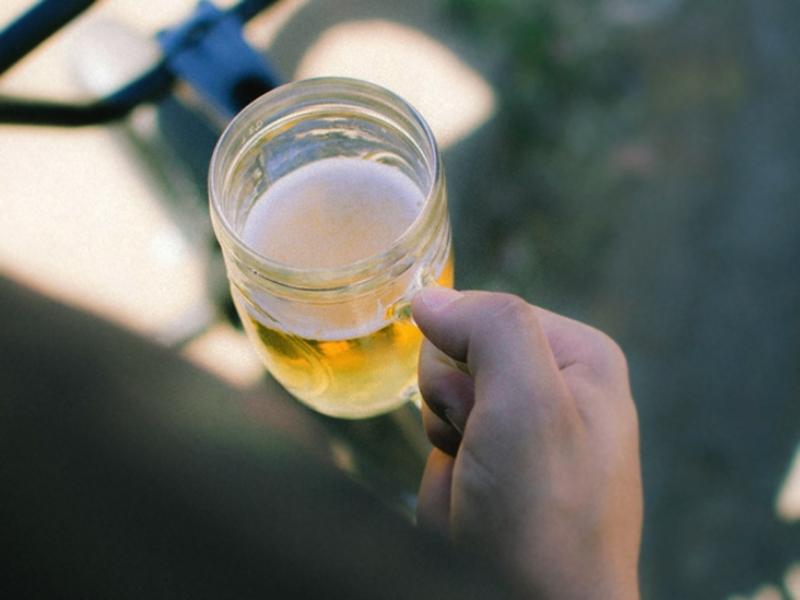
While this may be one of the survival myths you may have seen on survival shows or even in movies, it is not, strictly speaking, a good idea.
This is especially the case if you are in a hot environment and are already experiencing some dehydration.
Drinking urine in a hot environment will likely put undue stress on your kidneys, which won’t exactly kill you, but it won’t be doing you any favors either. The bottom line is: do not rely on this survival tip to keep you going for too long.
Finding Food Is Your First Priority
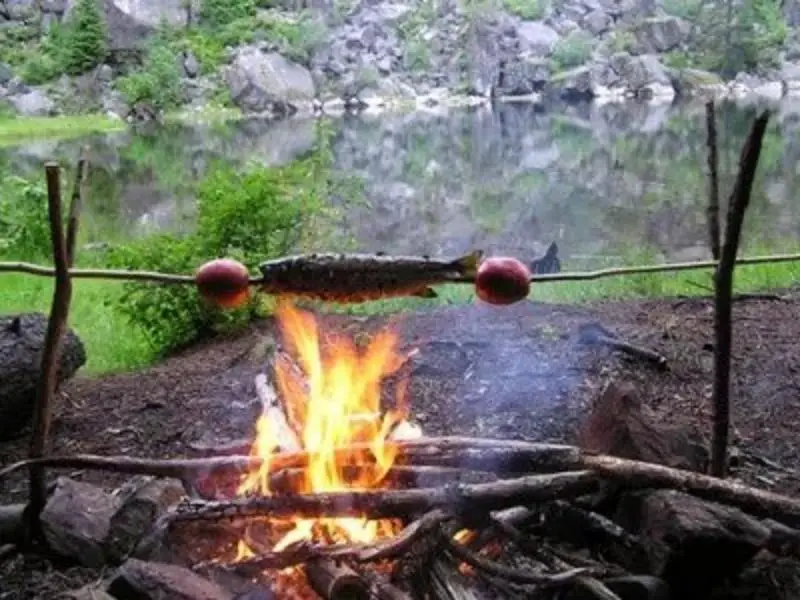
While staying well nourished will certainly help you in a disaster, it should really not be your first priority.
There are other things to consider that can kill you quicker if you do not see them first. Dehydration can happen a lot quicker than starving, so getting a safe drinking source is certainly more important than food initially.
Another quick killer is your environment. You need to get some sort of shelter to protect you from the elements fairly quickly. This is especially true in cold environments, where a combination of shelter and warmth will become a top priority.
Even in warmer environments, shade will be essential to protect you from the heat. The point is to consider the bigger picture when assessing your survival necessities and make sure you prioritize accordingly.
Sucking The Poison Out Of A Snake Bite
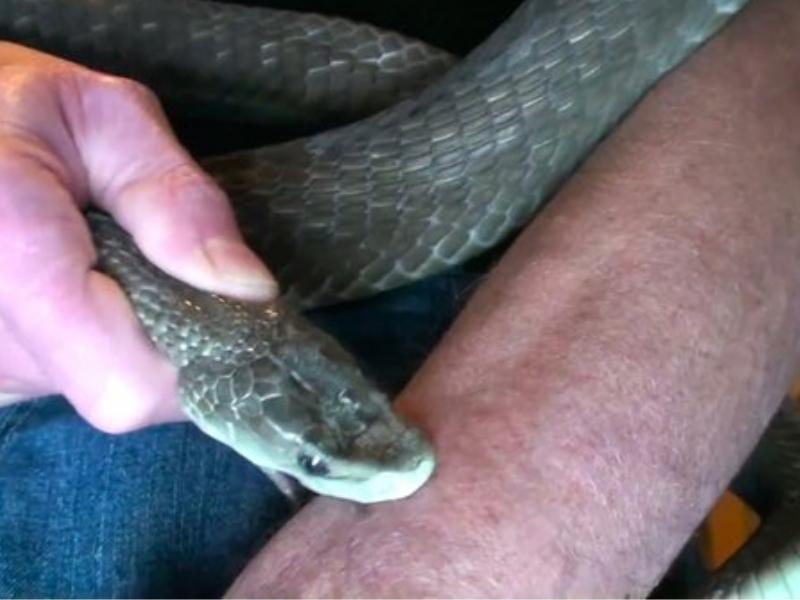
This one has been reiterated in pop culture, and you will see it featured in a number of movies, but it is a dangerous one.
When a snake bites you, the poison will likely also surround the wound, so putting your mouth over the area will likely have nasty results for your lips and mouth.
Not to mention, when sucking the poison out, if any goes down your trachea, this can cause havoc on your own system, and instead of having one person affected by the snake bite you now have 2.
By sucking on an open wound, you are also likely to worsen the injury, which is also not helpful. Anti-venom is the only real way to treat a snake bite, so seeking medical attention is the top priority.
You Can Drink Water From A Cactus
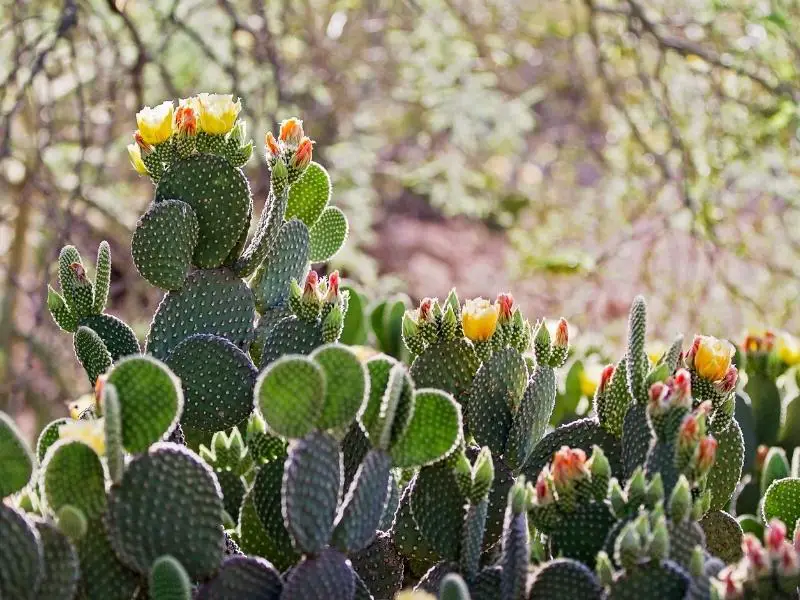
A survival myth that has been passed down over the years is that if you find yourself in a desert, you can always rely on a cactus to get some water. While a cactus is a succulent and it does store water it is not in a form that is helpful to hydrate us.
A cactus contains water, but not in its pure form; in fact, it is a highly alkaline, noxious fluid. Drinking cactus fluid will very likely make you sick, and vomiting will lead to dehydration, so your intention could in fact be reversed and you could be in a worse situation.
Follow What Birds And Animals Eat And You Will Know What Is Safe For Consumption
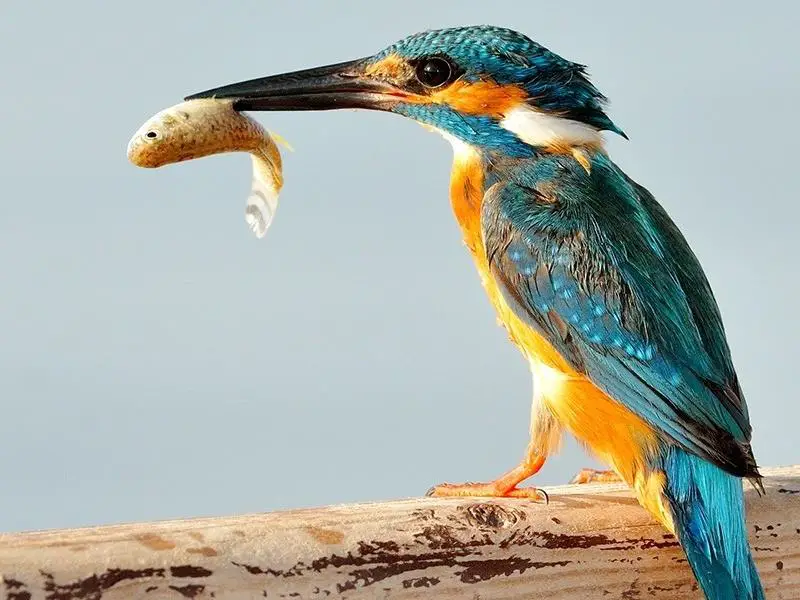
Assuming that what birds and animals eat will be safe for you to eat is a very bad assumption.
Birds and animals have all got different digestive systems, and even if they can safely consume something, that does not mean that it will be the same for humans.
You may end up very sick or even dead if you select the wrong item. Unless you have some of your own botanical knowledge and you know for sure that a plant is safe, it is better not to assume that what animals are eating is safe for you to eat.
Shelter Means Full Coverage
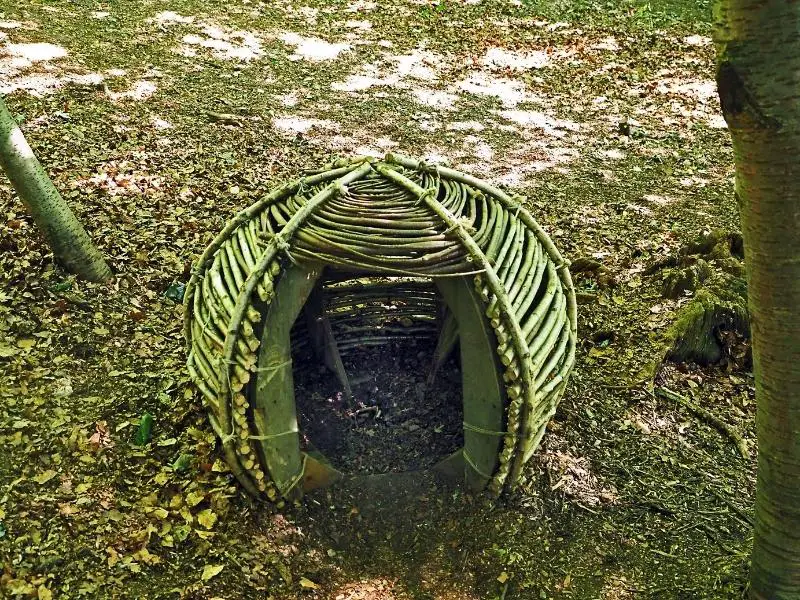
Many people feel they have to build full shelters, including walls and a roof, in order to have proper shelter. This is not the case.
An improperly built structure will likely be less effective at protecting you from the elements, which is the most important function of a shelter.
Ensuring you put something together that protects you from the sun in the heat or exposure to the cold is the primary objective. Trying to build a fancy structure is pointless if it does not fulfill its purpose.
Rationing Your Water In The Desert Is A Must
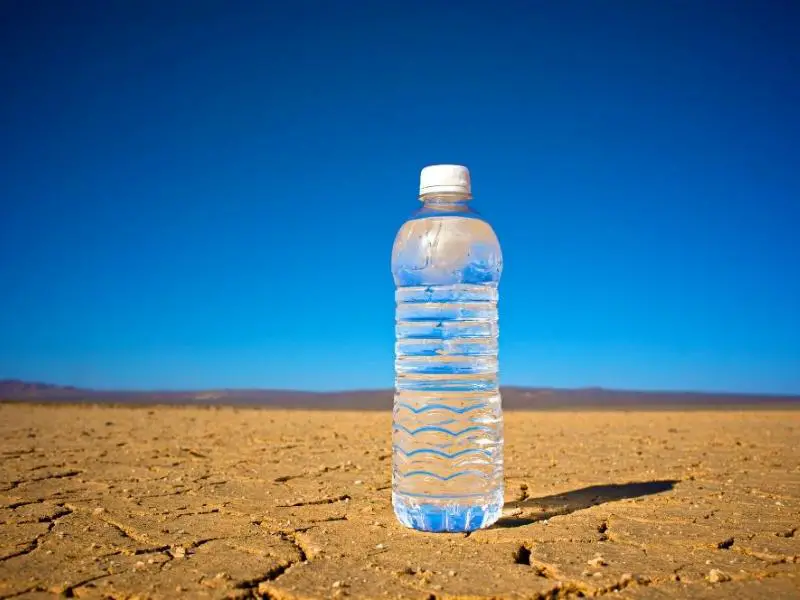
While rationing your food and water in an emergency situation is sensible, it is not always the case if you actually need them to survive.
If you are in the desert and you need that water that you are rationing to stop dehydrating, then keeping it for another day is pointless.
A more sensible solution is to conserve your energy, especially during the day when it is hottest, and do more activity at night when it won’t take as much effort. Then you won’t need to use as much water at all.
Final Thoughts
These are just some of the many survival myths that are out there that may lead you down a path of danger instead of survival.
If you use logic as well as some research, you will be able to find which survival tips are in fact real and can help you come through a bad situation unscathed.